Search Results
1 – 10 of 5,974 search results for 2021 Chicago Council Survey
-
 Public Opinion SurveyiStock
Public Opinion SurveyiStock2021 Chicago Council Survey
October 7, 2021, RESEARCH Public Opinion Survey by Dina Smeltz , Ivo H. Daalder , Karl Friedhoff , Craig Kafura , and Emily Sullivan, iStock, Download Report (PDF) Download Data (ZIP), While the Biden administration seems to understand where Americans stand on China and domestic renewal to suppor...
-
Reuters
Partisan Divides on China Continue to Grow
Republicans are more concerned about China's rise than ever before.
-
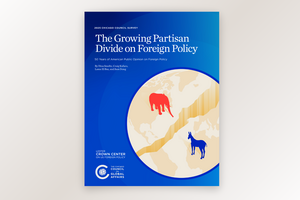 Public Opinion Survey
Public Opinion Survey
The Growing Partisan Divide on US Foreign Policy
January 28, 2026, RESEARCH Public Opinion Survey by Dina Smeltz , Craig Kafura , Lama El Baz , and Sam Dong, Download Report (PDF), Results and analysis of the Council's 2025 annual survey of American views on foreign policy., Chicago Council Survey Dashboard, Explore five decades of American att...
-
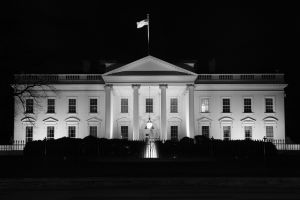 Public Opinion Survey
Public Opinion Survey
2020 Chicago Council Survey
September 17, 2020, RESEARCH Public Opinion Survey by Dina Smeltz , Ivo H. Daalder , Karl Friedhoff , Craig Kafura , and Brendan Helm, Download Report (PDF) Download Data (ZIP), Dina Smeltz, Ivo H. Daalder, Karl Friedhoff, Craig Kafura, and Brendan Helm analyze data finding Democrats and Republic...
-
 Public Opinion Survey
Public Opinion Survey
2019 Chicago Council Survey
September 16, 2019, RESEARCH Public Opinion Survey by Dina Smeltz , Ivo H. Daalder , Karl Friedhoff , Brendan Helm , and Craig Kafura, Download Report (PDF) Download Data (ZIP), Findings show a majority of Americans reject ideas of the United States retreating from the world, abdicating internati...
-
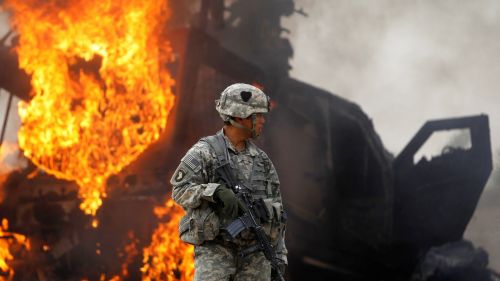 REUTERS
REUTERSUS Public Supports Withdrawal From Afghanistan
Polling conducted in July for the 2021 Chicago Council Survey found seven out of ten Americans supported the withdrawal of US combat forces from Afghanistan by September 11.
-
 Public Opinion SurveyAP Photos
Public Opinion SurveyAP Photos2023 Survey of Public Opinion on US Foreign Policy
October 4, 2023, RESEARCH Public Opinion Survey by Dina Smeltz , Karl Friedhoff , Craig Kafura , and Lama El Baz, AP Photos, Download Report (PDF) Download Data (ZIP), The ongoing war in Ukraine continues to impact American attitudes toward global engagement., Survey Overview, The 2023 Chicago Co...
-
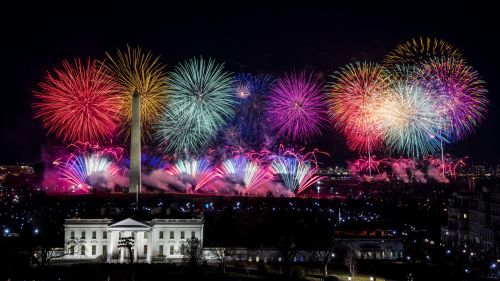 Chuck Kennedy
Chuck KennedyYear in Review: 2021 in Public Opinion
It's been a busy 2021. Recap the year with the survey team's analyses of public opinion on the most critical issues at home and around the world.
-
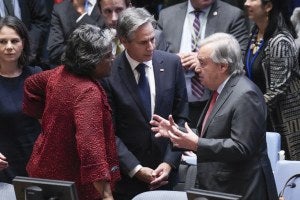 US Foreign PolicyAP PHOTOS
US Foreign PolicyAP PHOTOS -
Reuters
Generational Gaps Close on Sense of Threat from Climate Change
Concern for the state of the planet spans generations, 2021 Chicago Council Survey data show.